SSW Faculty Books
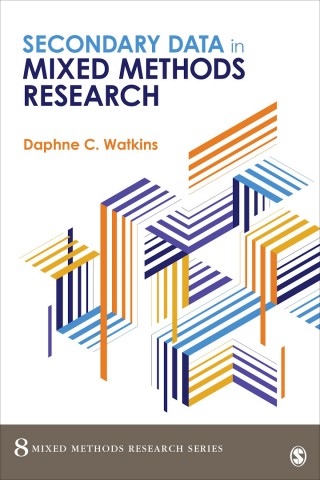
Secondary Data in Mixed Methods Research (2022)
Daphne Watkin’s new book is part of the Mixed Methods Research Series, which offers unique and necessary instruction in this growing topic. With the increasing amount of secondary data available through journals and repositories, researchers have a trove of sources for new investigations at their fingertips, but few books to guide them. This brief text provides readers with a step-by-step procedure for incorporating secondary data into various mixed methods research designs. By emphasizing how to use existing qualitative and quantitative datasets in mixed methods research, the volume will help readers answer new and ongoing questions in social science research.
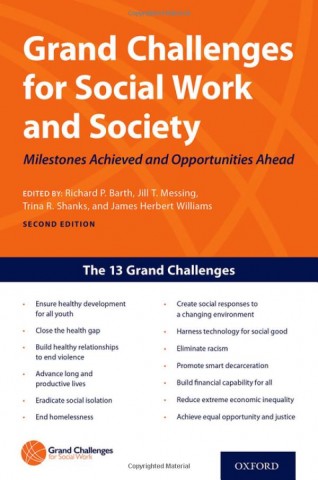
Grand Challenges for Social Work and Society Second Edition (2022)
The Grand Challenges for Social Work Initiative (GCSWI) represents a major endeavor for the entire field of social work. GCSWI calls for bold innovation and collective action powered by proven and evolving scientific interventions to address critical social issues facing society.
New to this edition:
- New chapter about the Grand Challenge of Eliminating Racism
- All chapters updated to address new challenges, research and observations since the first edition
- Proposes new and updated five-year goals for addressing the Grand Challenges for Social Work and Society
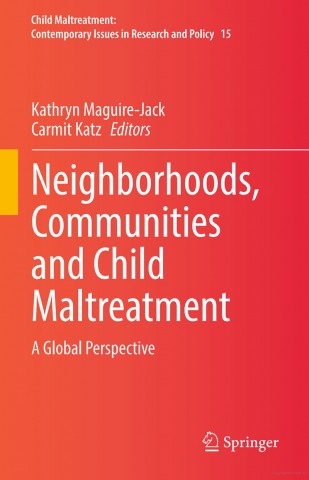
Neighborhoods, Communities and Child Maltreatment: A Global Perspective (2022)
This volume discusses neighborhoods and communities as critical contexts in child maltreatment. The authors explore a diverse body of research from around the globe on various community contexts of parenting and provide practitioners, policy makers and researchers a unique glance into innovative prevention strategies.
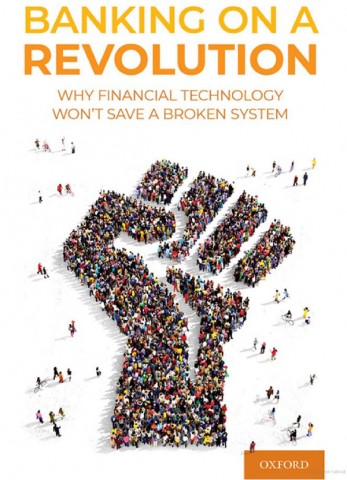
Banking on a Revolution: Why Financial Technology Won't Save a Broken System (2020)
Terri Friedline’s new book, “Banking on a Revolution,” takes a critical look at advancements in financial technology (“fintech”) in the banking and financial industries, and makes the case for a more inclusive financial system. Deeply rooted in theory and research, the book makes the case for the type of changes that will revolutionize the financial system.

New York's Newsboys Charles Loring Brace and the Founding of the Children's Aid Society (2020)
Karen Staller’s new book is a lively historical account of Charles Loring Brace's founding and development of the Children's Aid Society to combat a newly emerging social problem, youth homelessness, during the nineteenth century.
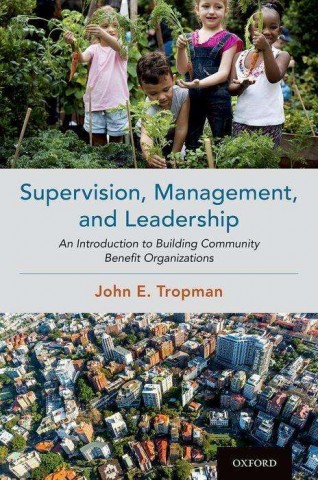
Supervision, Management, and Leadership: An Introduction to Building Community Benefit Organizations (2020)
John Tropman’s new book serves as a guide for managers and leaders in the human services field.
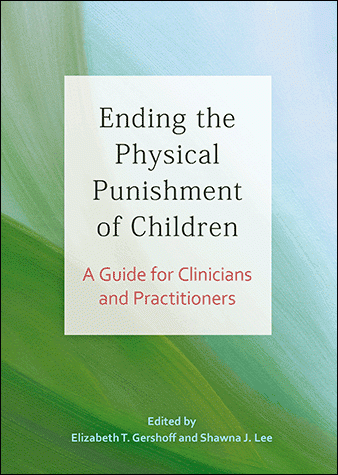
Ending the Physical Punishment of Children: A Guide for Clinicians and Practitioners (2019)
Research shows that corporal punishment harms children and is ineffective at changing their behavior. This volume presents effective interventions designed to prevent parents from physically punishing their children. All of the strategies will help parents change their behavior in ways that promote their children’s healthy development. Therapists, social workers, policy makers and other community health and safety professionals will appreciate the various strategies presented in this book.

Credit Where It's Due: Rethinking Financial Citizenship (2019)
An estimated 45 million adults in the U.S. lack a credit score at a time when credit invisibility can reduce one's ability to rent a home, find employment, or secure a mortgage or loan. As a result, individuals without credit--who are disproportionately African American and Latino--often lead separate and unequal financial lives. These authors argue that many people who are not recognized within the financial system engage in behaviors that indicate their credit worthiness. How might institutions acknowledge these practices and help these people emerge from the financial shadows? In Credit Where It's Due, the authors evaluate an innovative model of credit-building and advocate for a new understanding of financial citizenship, or participation in a financial system that fosters social belonging, dignity, and respect.
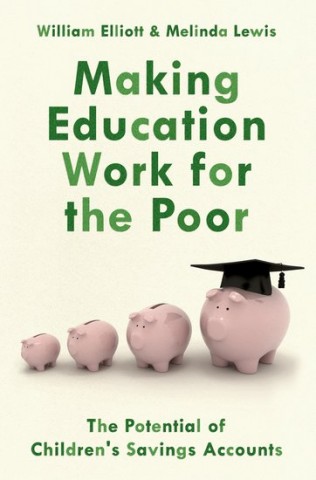
Making Education Work for the Poor (2018)
William Elliott III's new book examines the evidence supporting Children's Savings Accounts, including CSAs' demonstrated potential to improve children's outcomes all along the 'opportunity pipeline': early education, school achievement, college access and completion, and post-college financial health.
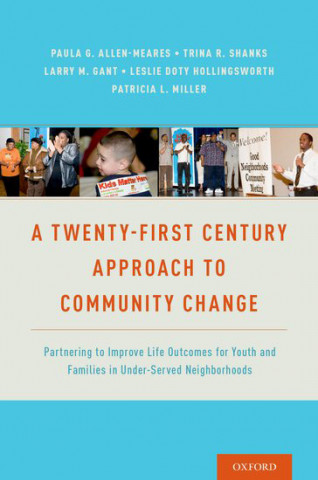
A Twenty-First Century Approach to Community Change (2017)
The Skillman Foundation solicited the technical assistance of the University of Michigan School of Social Work. This book introduces readers to the environment within which the work of technical assistance began. The work is placed within a theoretical and practical context.
The book provides:
- an inside view of the intricacies of a community-change initiative committed to balancing multiple and diverse perspectives and contributions.
- case vignettes, case-based discussion questions, and web-based resources are attached to each chapter for use in the classroom.
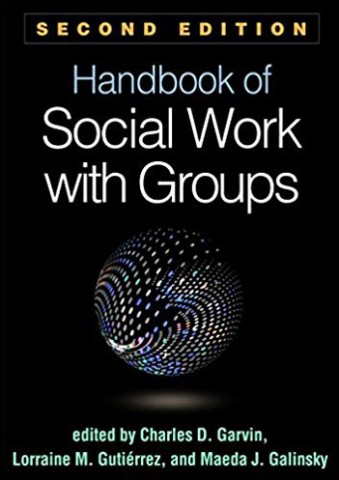
Handbook of Social Work with Groups, 2nd ed. (2017)
This definitive text, now revised and expanded, has introduced thousands of students and practitioners to the theory and practice of social work with groups. Leading authorities outline major models of group work and address critical issues in planning, implementing, and evaluating interventions. The Handbook describes applications in all the major practice settings—mental health, prevention, child welfare, substance abuse, health care, aging, corrections, and more—as well as organizational and community settings. A strong focus on empowerment, social justice, and diversity is woven throughout. The empirical foundations of group work are reviewed, and innovative research methods discussed.
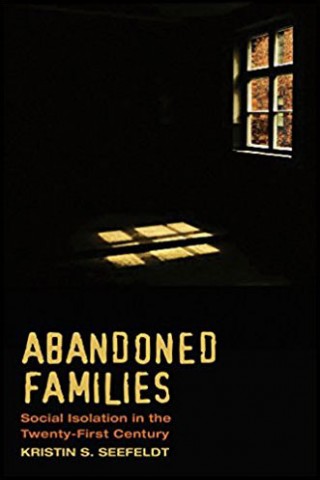
Abandoned Families: Social Isolation in the Twenty-First Century (2016)
Education, employment, and homeownership have long been considered stepping stones to the middle class. But in Abandoned Families, social policy expert Kristin Seefeldt shows how many working families have access only to a separate but unequal set of poor-quality jobs, low-performing schools, and declining housing markets which offer few chances for upward mobility. Through in-depth interviews over a six-year period with women in Detroit, Seefeldt charts the increasing social isolation of many low-income workers, particularly African Americans, and analyzes how economic and residential segregation keep them from achieving the American Dream of upward mobility.
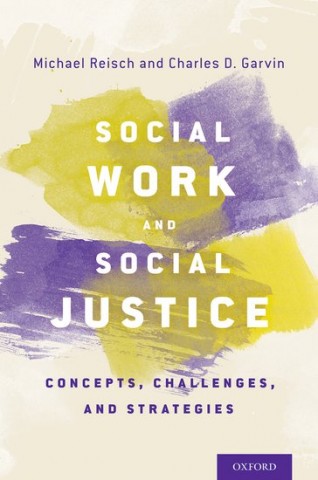
Social Work and Social Justice: Concepts, Challenges, and Strategies (2016)
Social Work and Social Justice transcends discussions of abstract social justice concepts and goals by focusing on how these concepts can be used as guides for socially just practice at the interpersonal, organizational, community, and societal levels. In addition to emphasizing the importance of social justice work through compelling examples, case studies, and exercises, this book vividly illustrates its complexity and discusses how social workers can negotiate the practical and ethical challenges involved. Unlike many books on the subject, the text integrates diverse and often conflicting approaches to social justice to promote critical thinking and underscore the value of incorporating various perspectives into one's practice.

$2.00 a Day: Living on Almost Nothing in America (2015)
Edin and Shaefer teamed up to discover that the number of American families living on $2.00 per person, per day, has skyrocketed to 1.5 million American households, including about 3 million children. The authors illuminate a troubling trend: a low-wage labor market that increasingly fails to deliver a living wage, and a growing but hidden landscape of survival strategies among America’s extreme poor. More than a powerful exposé, $2.00 a Day delivers new evidence and new ideas to our national debate on income inequality.
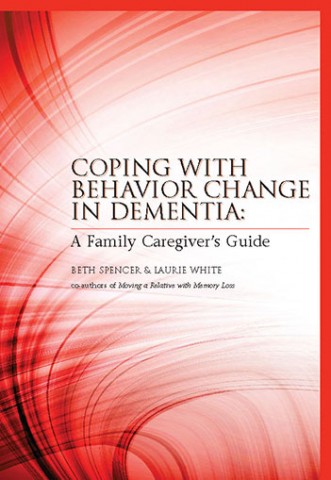
Coping with Behavior Change in Dementia: A Family Caregiver's Guide (2015)
This handbook is intended to help families and staff understand possible causes of common behavior changes and learn to respond more effectively to behaviors. The book includes strategies for the following: challenges with dressing, eating, bathing, toileting, mouth care; agitation, anxiety, anger and aggression; sleep and sundowning; wanting to go home; wandering, walking or pacing; repetitive behaviors; hallucinations, delusions and paranoia; physical intimacy and sexual behavior. There are also sections about communication and problem-solving, a glossary and an extensive list of other resources.
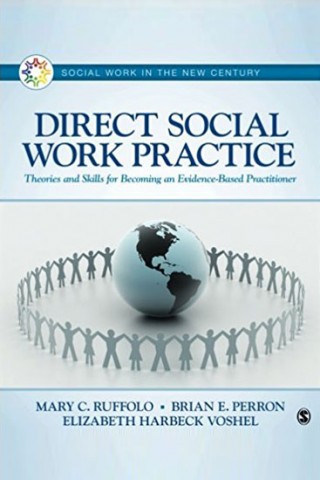
Direct Social Work Practice: Theories and Skills for Becoming an Evidence-Based Practitioner (2015)
Using a case-based approach to connect the classroom and the practice environment, this book incorporates a broad set of themes that include advocacy, social justice, global focus, ethics, theory, and critical thinking. Integrated, up-to-date content related to diversity, social justice, and international issues helps readers develop the basic skills of engagement, assessment, intervention, and reflective practice, as well as the key skills needed for the field experience. Each chapter of the book is mapped to the latest Educational Policy and Accreditation Standards (EPAS) to aid schools of social work in connecting the course content with monitored outcomes.
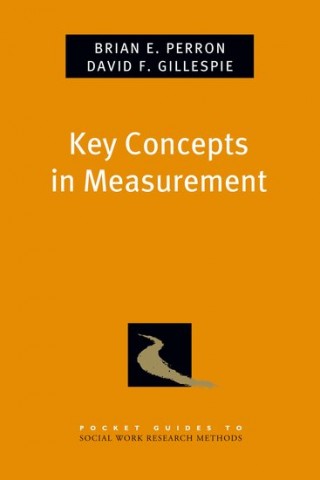
Key Concepts in Measurement (2015)
It is arguably one of the most important and difficult tasks in social work research. Such knowledge and skills related to measurement ultimately determines the extent to which social work research can effectively inform social policy and social work interventions. This book serves as a guide for developing, selecting, and using measures in social work research. In particular, this book provides a detailed review of contemporary validity theory; an update on the major issues of reliability; common errors in measurement of latent variables; and suggestions on measurement of social networks and collectives.
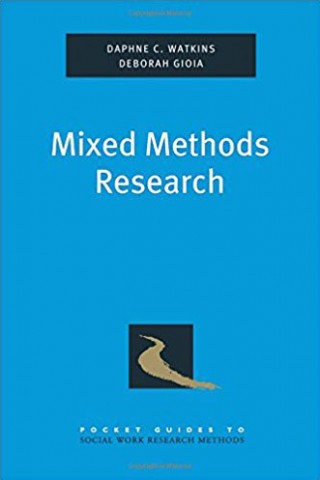
Mixed Methods Research. Pocket Guides to Social Work Research Methods Series (2015)
Mixed method studies demand that we apply sound analytic strategies to all our evidence – qualitative and quantitative. This book covers mixed methods research in a concise manner; how qualitative and quantitative methods within the same study are being used in social work research; and the unique possibilities for the future of mixed methods in social work. Watkins and Gioia review the fundamentals of mixed methods research designs and guide the reader through considerations for the application of mixed methods research in social work settings. This is a short and practical guide not just for learning about mixed methods research, but also doing it.

Successful Aging Asian Perspectives (2015)
This book brings together high quality research on successful aging in Asian populations and highlights how the factors that contribute to successful aging differ from those in the West. It examines the differences between the Asian and Western contexts in which the aging process unfolds, including cultural values, lifestyles, physical environments and family structures. In addition, it examines the question of how to add quality to longer years of life. Specifically, it looks at ways to promote health, preserve cognition, maximize functioning with social support and maintain emotional well-being despite inevitable declines and losses. Compared to other parts of the world, Asia will age more quickly as a result of the rapid socioeconomic developments leading to rising longevity and historically low fertility rates in some countries. These demographic forces in vast populations such as China are expected to make Asia the main driver of global aging in the coming decades.
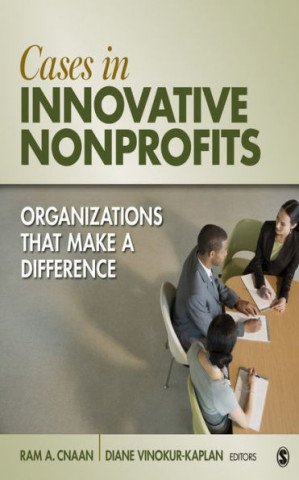
Cases in Innovative Nonprofits: Organizations That Make a Difference (2014)
This book is a current comparative case study of innovative nonprofit organizations that are meeting the needs of humanity in both the U.S. and abroad. The text provides inspiring examples of social entrepreneurs who have instituted new services to meet the needs of both new and long-standing social problems. Each case features either an unidentified need and its successful response, or an existing need that was tackled in a unique and innovative manner.
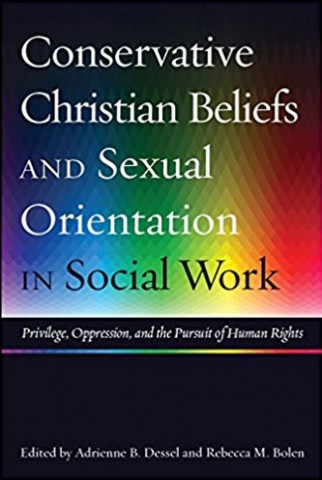
Conservative Christian Beliefs and Sexual Orientation in Social Work: Privilege, Oppression, and the Pursuit of Human Rights (2014)
This important new work addresses the tensions and divisions in social work between conservative Christian religious beliefs and lesbian, gay, and bisexual (LGB)students, practitioners, faculty members, and clients. Authors representing a diverse range of sexual orientation and religious and professional identities explore the debate regarding freedom of religious expression and full sexual orientation affirmation. Their discussions provide a deeper understanding of the complexity of topics such as social identity, oppression, power and privilege, human rights and social justice, attitudes and prejudice, and ethics and the law. The book also discusses multiple ways of resolving some of the conflicts, including intergroup dialogue and sociodrama.
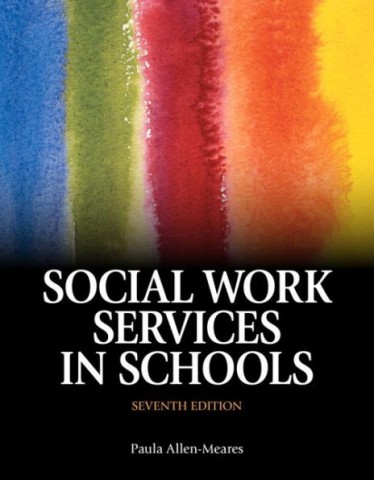
Social Work Services in Schools, 7th ed. (2014)
Historical and contemporary concepts, policies, and evidence-based interventions in school social work services are closely examined. The seventh edition discusses major issues confronting education as well as practice directions for the design, delivery and evaluation of social work in schools.
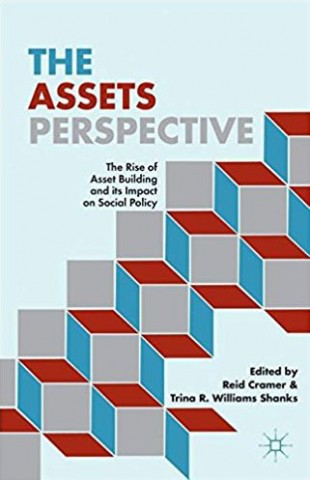
The Assets Perspective: The Rise of Asset Building and its Impact on Social Policy (2014)
The economy's struggles to overcome the lingering effects of the Great Recession presented unique but essential questions.The book considers a full range of data which considers how this recent experience has impacted households, providing a thorough and contemporary treatment of how the assets perspective has prompted changes within social policy.
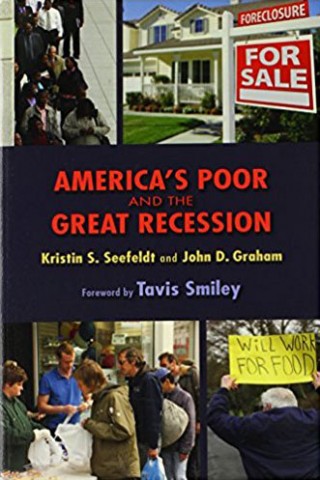
America's Poor and the Great Recession (2013)
Millions have entered poverty as a result of the Great Recession's terrible toll of long-term unemployment. Kristin S. Seefeldt and John D. Graham examine recent trends in poverty and assess the performance of America’s “safety net” programs. They consider likely scenarios for future developments and conclude that the well-being of low-income Americans, particularly the working poor, the near poor, and the new poor, is at substantial risk despite economic recovery.







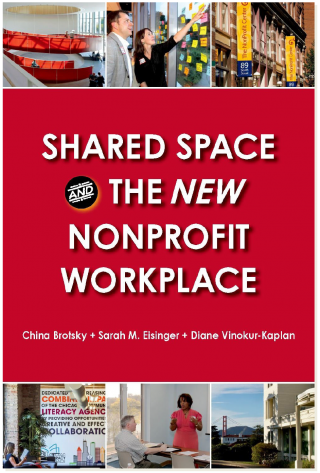
















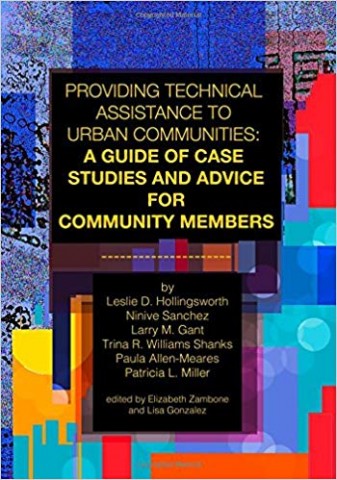



Social Work and Health Care Practice with Transgender and Nonbinary Individuals and Communities: Voices for Equity, Inclusion, and Resilience (2020)
Shanna K. Kattari, Leonardo Kattari
This book examines issues across the lifespan of transgender and nonbinary individuals and synthesizes conceptual work, empirical evidence, pedagogical content, educational experiences, and the voices of transgender and nonbinary individuals. The authors highlight the resilience and resistance of transgender and nonbinary individuals and communities to challenge narratives relying on one-dimensional perspectives of risk and tragic lives.